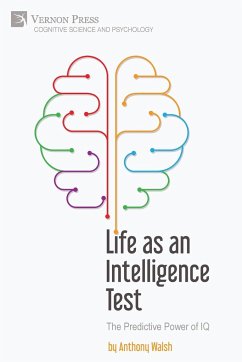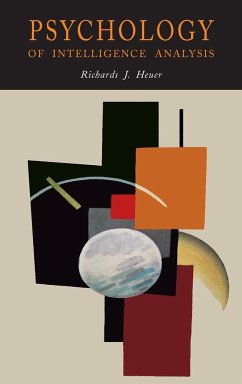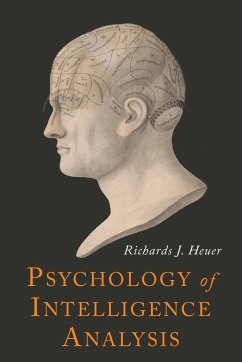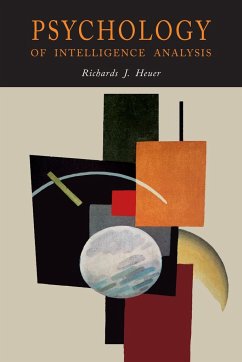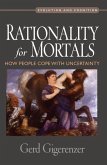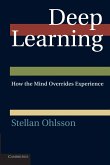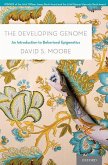This book examines intelligence as it applies to various facets of human life. It explores the evolutionary origin of intelligence and the genetics and neurobiology of intelligence. Every human being is intelligent, but some are more intelligent than others. We know this both by observing different people's behavior and position in life and by their different intelligence quotient (IQ) scores. Most of the business of life can be conducted on a basis of habit, with little need for exceptional intelligence, which is irrelevant for many day-to-day pursuits. However, people of higher intelligence do much better in life than those of lower intelligence in so many ways. They attain higher social class, better physical and mental health, are less likely to be criminals, and many other things. IQ tests measure different cognitive abilities, but there is a factor common to them all that psychometricians call Spearman's g, or simply g. What this means is that in tasks that tax the brain, however different they may be from one another, if a person is good at one mental task, he or she is likely to be good at others, although not necessarily to the same degree.
Hinweis: Dieser Artikel kann nur an eine deutsche Lieferadresse ausgeliefert werden.
Hinweis: Dieser Artikel kann nur an eine deutsche Lieferadresse ausgeliefert werden.

